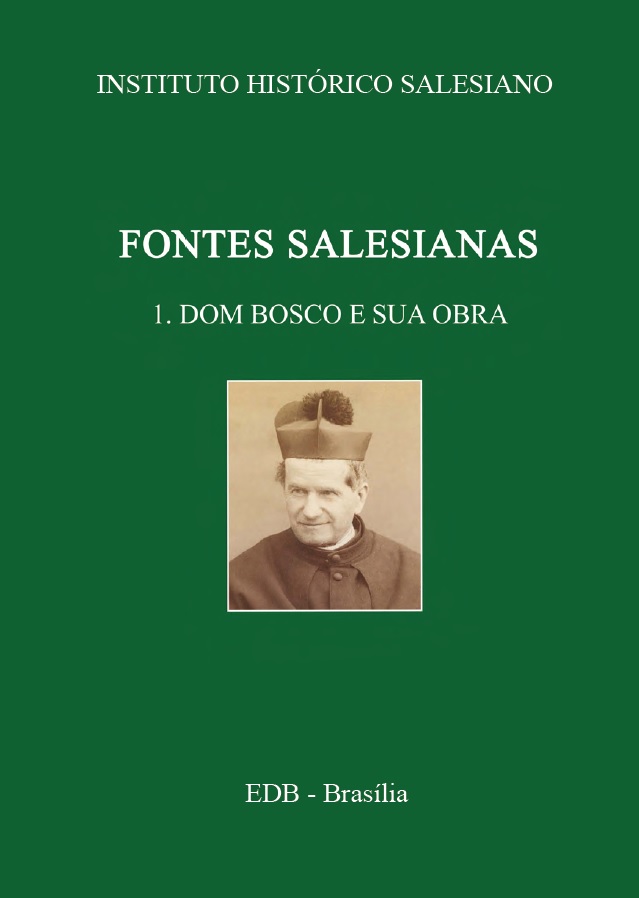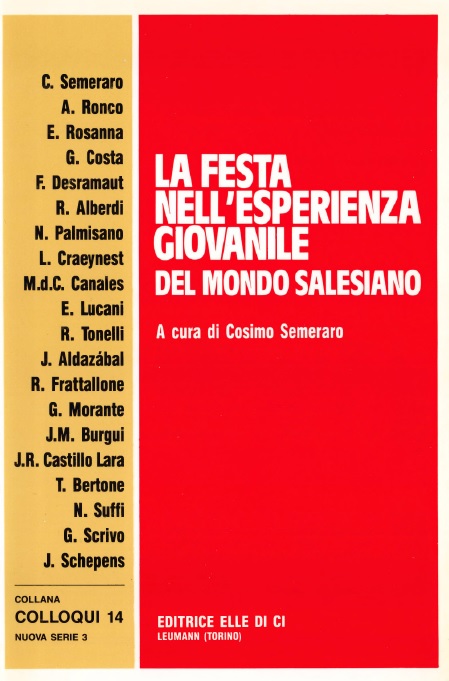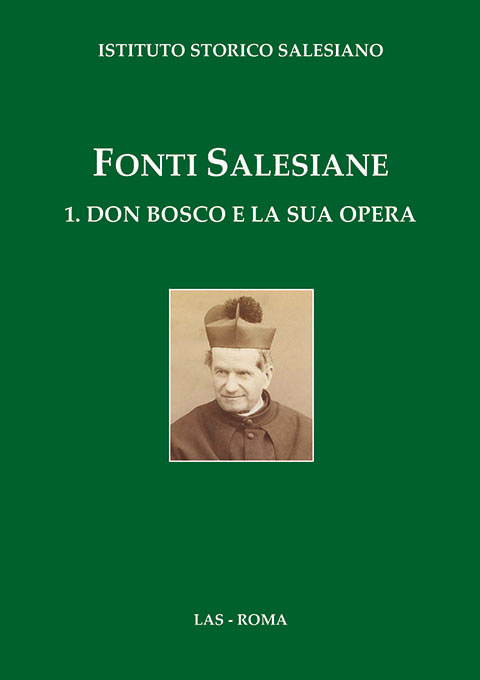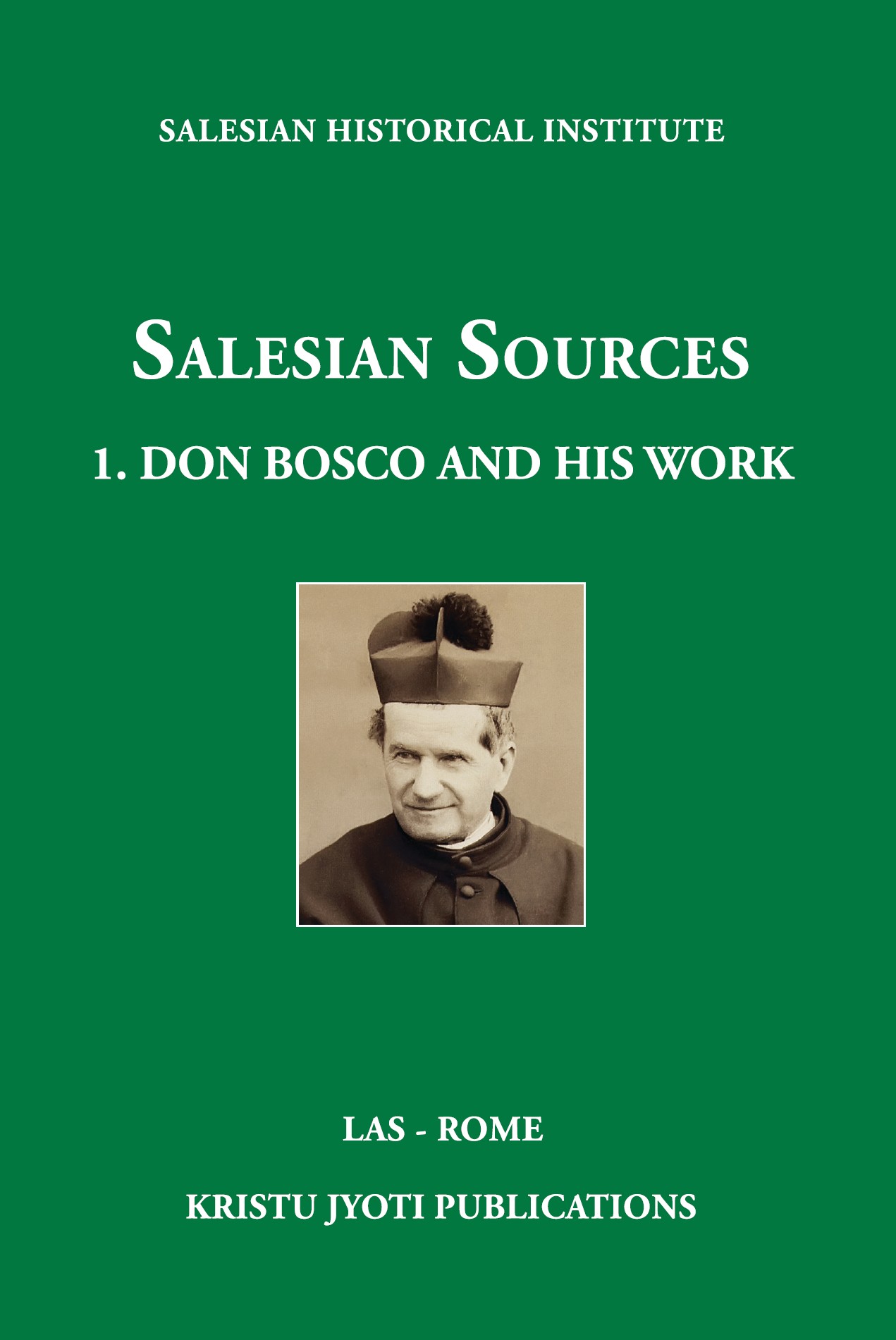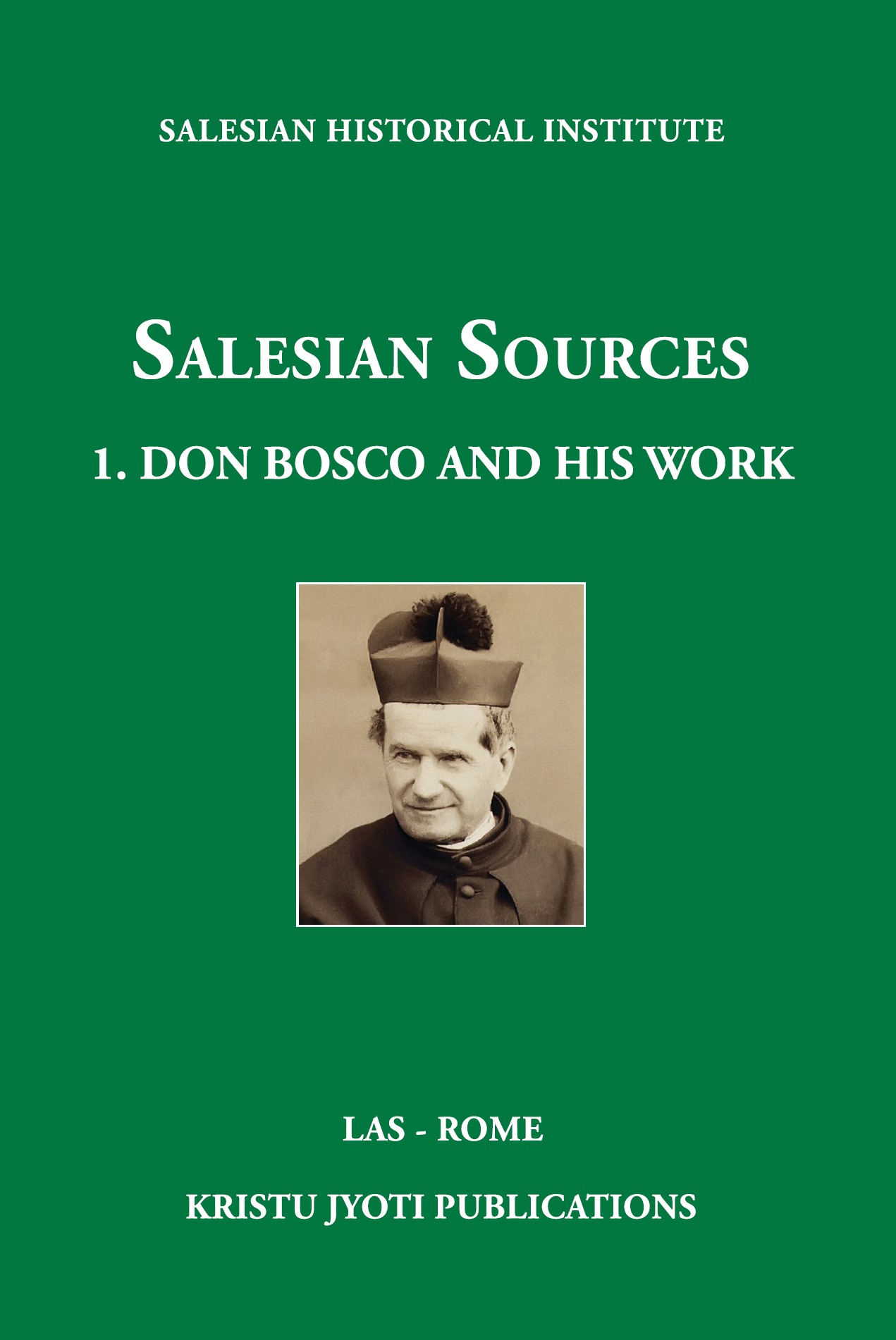Composto aos poucos entre 1873 e 1875, por explícita vontade de Dom Bosco, o manuscrito das Memórias do Oratório ficou inédito. No entanto, dele se beneficiaram abundantemente tanto o padre João Bonetti, para sua História do Oratório de São Francisco de Sales, publicada em uma série de artigos no Boletim Salesiano entre 1879 e 1886, quanto, especialmente, o padre João Batista Lemoyne, que o transcreveu na íntegra nos primeiros volumes das Memórias Biográficas, integrando-o com uma quantidade de outras notícias e fatos extraídos de outros testemunhos. Continue reading “Giovanni Bosco – “Segunda Seção. Memórias do óratorio” in “Fontes Salesianas 1.Dom Bosco e sua obra. Coletânea antológica””
